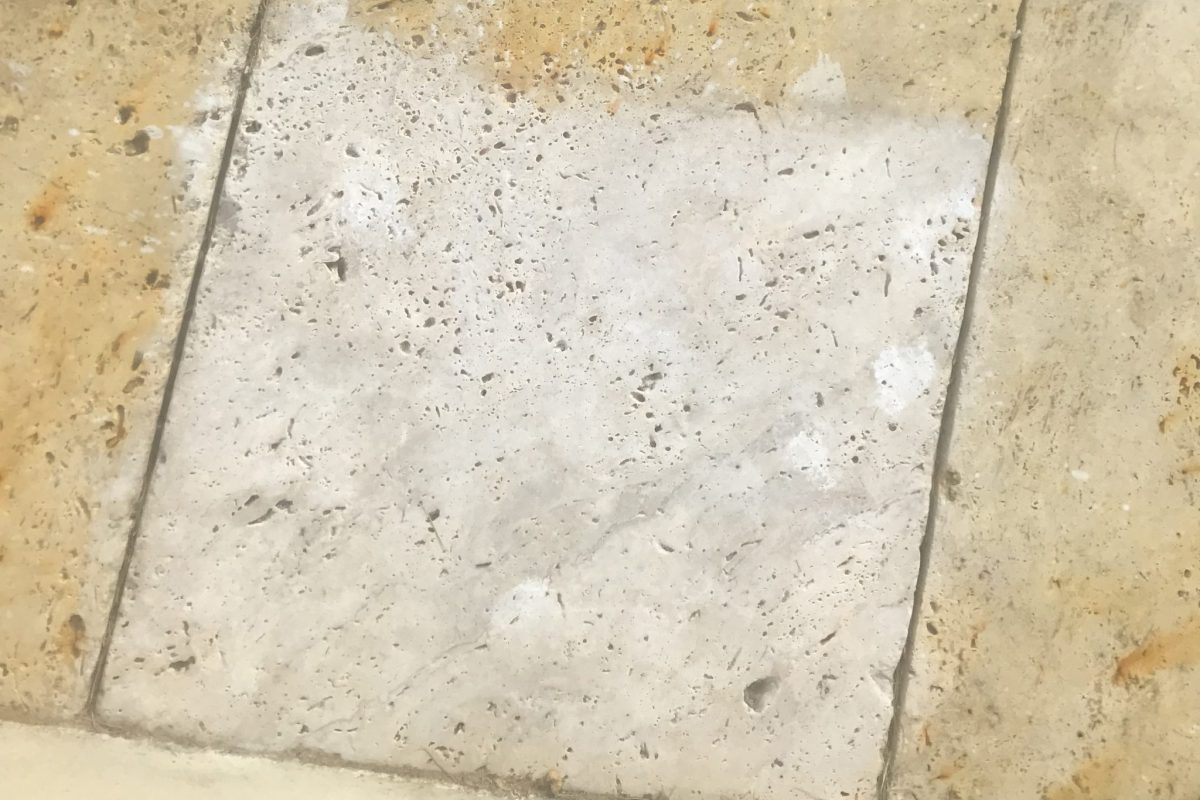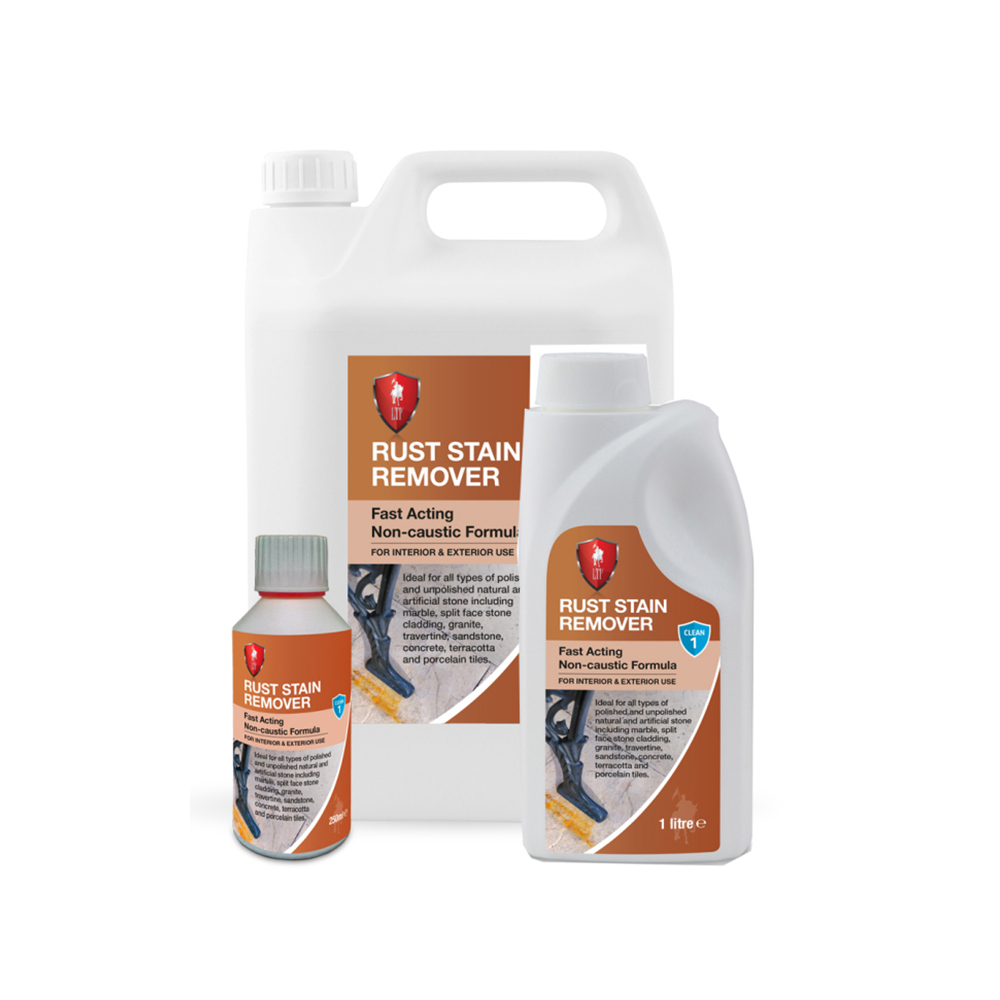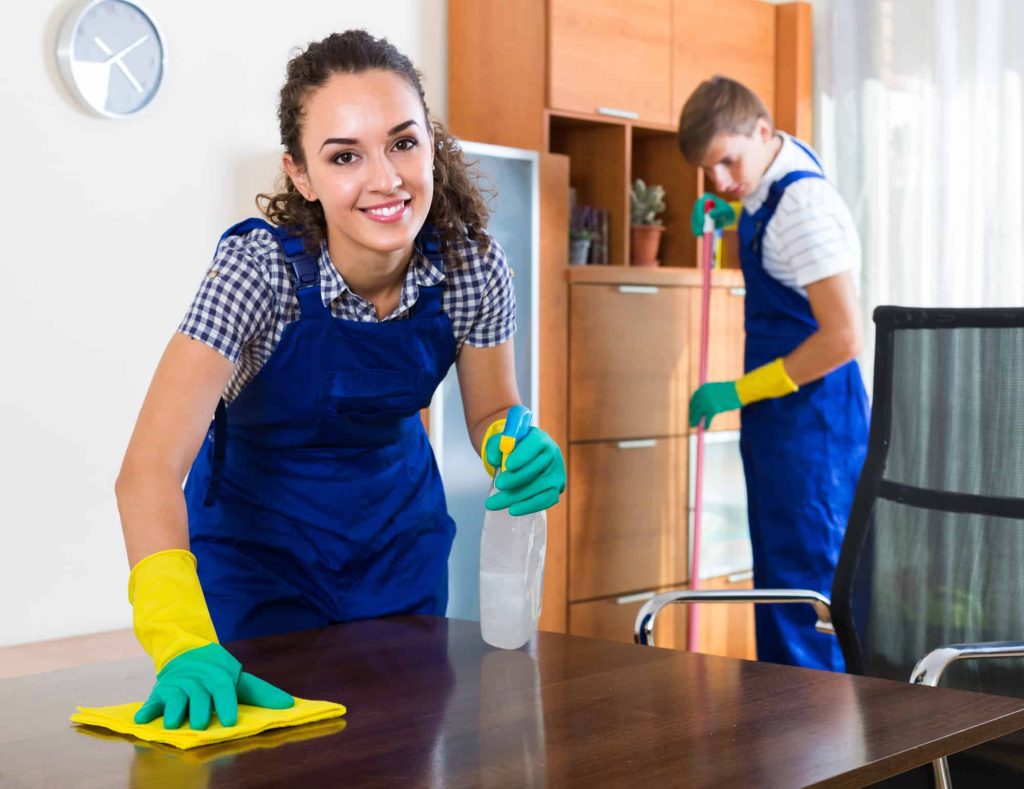how to remove rust stains from tiles
Rust stains on tiles can be a common issue, especially in areas with high humidity or when metal objects are in regular contact with tiled surfaces. Whether it’s your kitchen, bathroom, or outdoor flooring, rust stains can be stubborn and unsightly. However, with the right methods and materials, these stains can be effectively removed without causing any damage to your tiles. This guide will walk you through various techniques that are easy to apply, cost-effective, and suitable for homes in Pakistan and how to remove rust stains from tiles.
Why Do Rust Stains Appear on Tiles
Rust stains occur when iron particles come into contact with moisture, causing oxidation. This can happen from metal furniture, tools, or plumbing fixtures. Over time, these particles react with moisture and leave behind reddish-brown marks that can be difficult to clean with regular household cleaning products.

Materials You’ll Need
Before starting the cleaning process, gather the following materials for better results:
– Lemon juice
– Baking soda
– White vinegar
– Hydrogen peroxide
– Commercial rust removers
– Soft brush or sponge
– Cloths for drying
Using Lemon Juice and Baking Soda
Lemon juice is an excellent natural cleaner for rust stains due to its acidic nature. Here’s how you can use it with baking soda to tackle rust stains on tiles:

1. Apply Lemon Juice: Squeeze fresh lemon juice onto the rust stain, making sure the area is completely covered.
2. Add Baking Soda: Sprinkle baking soda over the lemon juice. The combination of acid and alkaline properties works to lift rust particles.
3. Scrub Lightly: Use a soft brush or sponge to gently scrub the stain. Avoid using harsh scrubbing pads as they may scratch the tile surface.
4. Rinse and Dry: Wipe the area with a damp cloth, then dry it thoroughly to prevent further rust formation.
Using White Vinegar for Tougher Stains
White vinegar is another great household ingredient that works well on rust stains. It’s more acidic than lemon juice and can help dissolve stubborn stains.
1. Pour Vinegar on the Stain: Pour a small amount of white vinegar directly onto the rust stain.
2. Let It Sit: Allow the vinegar to sit for 10–15 minutes so it can break down the rust particles.
3. Scrub Gently: Use a soft brush to scrub the stain gently.
4. Rinse and Dry: Rinse with water and dry the area completely.
Commercial Rust Removers
Sometimes, natural methods may not be sufficient to remove deep-seated rust stains. In such cases, you can use a commercial rust remover, which is available at most hardware stores in Pakistan.

1. Apply the Remover: Follow the instructions on the product’s label carefully.
2. Wear Gloves: Always wear gloves to protect your hands when using chemical products.
3. Scrub and Rinse: After applying, scrub with a sponge or brush, then rinse the area well.
Using Hydrogen Peroxide and Baking Soda Paste
For more persistent stains, hydrogen peroxide can be combined with baking soda to form a powerful cleaning paste.
1. Create a Paste: Mix hydrogen peroxide and baking soda until it forms a thick paste.
2. Apply the Paste: Spread the paste over the rust stain and let it sit for 20 minutes.
3. Scrub and Rinse: Use a soft brush to scrub the area, then rinse thoroughly with water.
Prevention Tips
To avoid future rust stains, it’s important to take preventive measures:
– Remove Metal Items: Keep metal objects, such as tools or furniture, away from wet areas.
– Seal Tiles: Use a tile sealer to protect your tiles from moisture penetration, which can contribute to rust formation.
– Regular Cleaning: Clean your tiles regularly to prevent dirt and rust build-up.
Rust Stains on Different Types of Tiles
Not all tiles are made the same, and some materials are more prone to staining than others.
Ceramic Tiles
Ceramic tiles are generally easy to clean and less likely to suffer from rust stains. However, if rust does occur, the methods mentioned above will work well on ceramic surfaces.
Porcelain Tiles
Porcelain tiles are more resistant to stains, but rust can still form if metal objects are left on them for extended periods. Use vinegar or lemon juice for effective cleaning.
Marble and Natural Stone Tiles
Be cautious when cleaning natural stone tiles, as they are more porous and can be damaged by acidic cleaners like lemon juice or vinegar. Instead, opt for a pH-neutral cleaner or a specialized stone cleaner to remove rust stains without causing harm.
Home Remedies vs. Commercial Products
Both natural remedies and commercial products have their pros and cons when it comes to removing rust stains. While natural ingredients like lemon juice and vinegar are safer for the environment and your family, they may take longer to show results compared to chemical cleaners. Commercial rust removers, on the other hand, are quick and effective but come with health and environmental risks.
How Long Should You Leave the Cleaner on
The duration of leaving the cleaner on the rust stain depends on the severity of the stain and the product used. Natural cleaners like lemon juice and vinegar should be left for at least 10-15 minutes, while commercial products often recommend shorter time frames. Always check the product’s instructions for guidance.
Scrubbing Techniques
When scrubbing rust stains from tiles, it’s important to use the right technique to avoid damaging the surface:
– Use Circular Motions: Scrub in gentle, circular motions to avoid leaving scratches.
– Soft Brushes Only: Always use a soft brush or non-abrasive sponge, especially for delicate surfaces like marble or polished tiles.
What to Avoid When Cleaning Rust Stains
Certain cleaning practices can cause more harm than good, especially when dealing with sensitive surfaces like tiles.
– Avoid Harsh Scrubbers: Never use steel wool or abrasive pads, as they can scratch and damage the tile surface.
– Don’t Mix Cleaners: Avoid mixing different cleaning products, especially commercial cleaners, as they can release harmful fumes or cause chemical reactions.
How Often Should You Clean Tiles
Cleaning frequency depends on the location of your tiles. Bathroom and kitchen tiles, which are more exposed to moisture, should be cleaned regularly to prevent rust and other stains from forming.
Dealing with Large Rust Stains
If you have large rust stains covering a significant area, it may be best to break the cleaning process into smaller sections. This way, you can ensure that each area receives adequate attention without the cleaning solution drying out too quickly.
Can Rust Stains Reappear
Yes, rust stains can reappear if the source of the rust, such as metal objects, remains in contact with the tiles. Ensure you identify and remove the cause to prevent future stains.
Professional Cleaning Services
If the rust stains are extensive or you’re dealing with high-value tiles like marble, consider hiring professional cleaning services. Many companies in Pakistan specialize in tile and grout cleaning and can remove even the most stubborn rust stains without damaging the surface.

Final Thoughts on Rust Removal
Rust stains can be frustrating to deal with, but with the right approach and materials, they can be removed effectively. Whether you choose natural remedies or commercial products, always ensure you’re using the appropriate method for your tile type. With regular cleaning and preventive measures, you can keep your tiles rust-free and looking their best.
FAQs
Can lemon juice damage tiles?
Lemon juice is safe for most tiles but can harm natural stone like marble. Always test on a small area first.
What is the fastest way to remove rust from tiles?
Commercial rust removers work the fastest, but natural methods like vinegar and baking soda can be just as effective with more time.
Can I prevent rust stains from forming?
Yes, keeping metal objects away from wet areas and sealing your tiles can help prevent rust stains.
How long should I leave vinegar on rust stains?
Leave vinegar on the rust stain for at least 10-15 minutes before scrubbing.
Are commercial rust removers safe to use indoors?
Yes, but ensure good ventilation and wear gloves to protect your skin.
Can rust stains permanently damage tiles?
If left untreated, rust stains can penetrate the tile surface, making them harder to remove over time.
What should I avoid when cleaning rust stains?
Avoid using harsh abrasives like steel wool, which can scratch and damage tiles.
Do I need to seal my tiles after cleaning?
Sealing tiles, especially natural stone, after cleaning can help protect them from future stains.
Can I use bleach to remove rust stains?
Bleach is not effective for rust removal and may even worsen the stain.
How often should I clean tiles to prevent rust stains?
Regular cleaning, especially in areas prone to moisture, will help prevent rust stains from forming.

